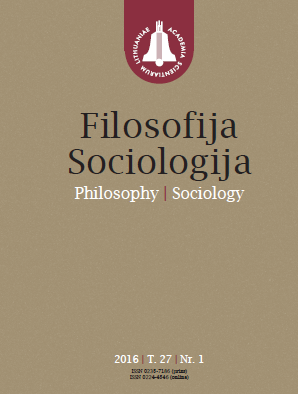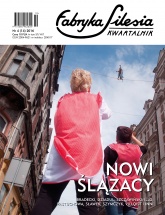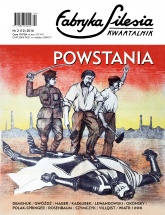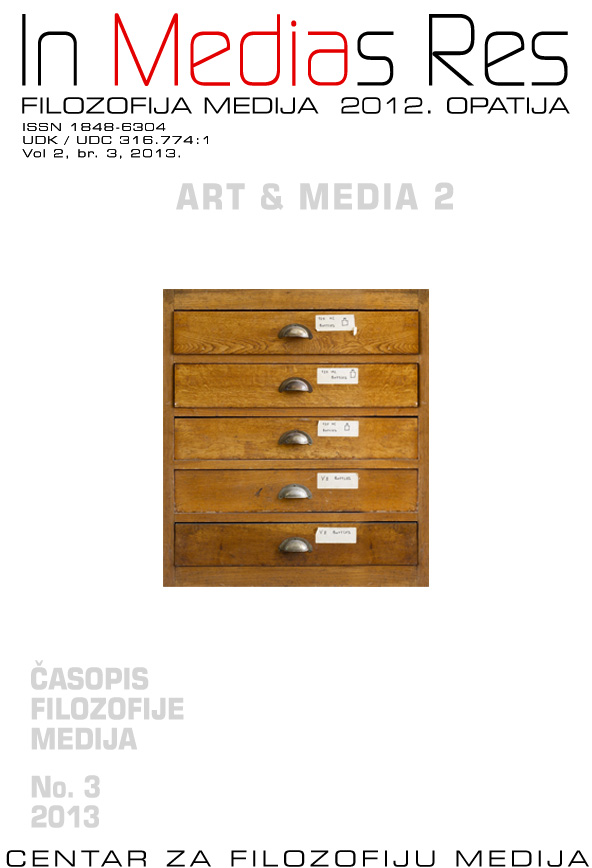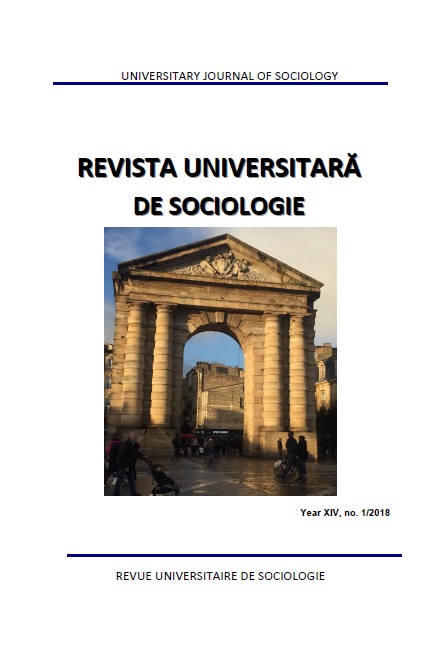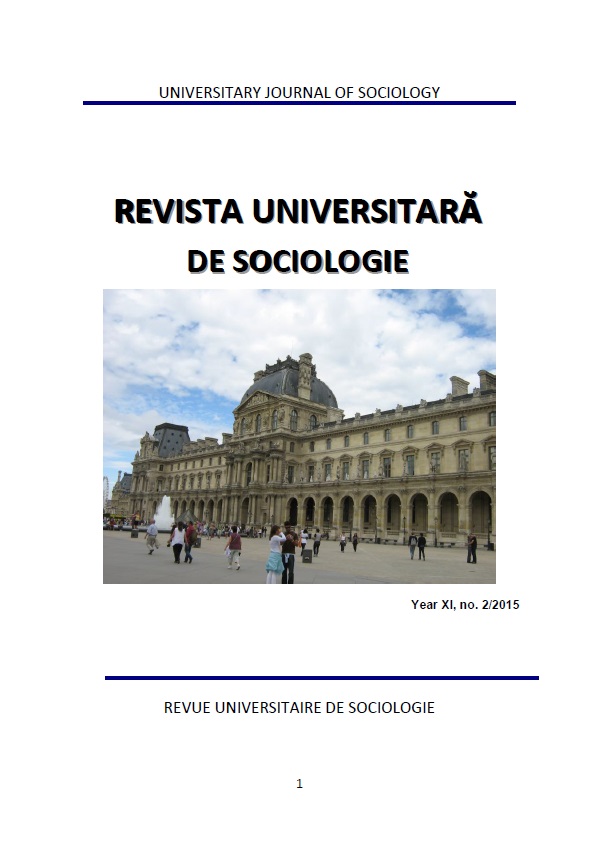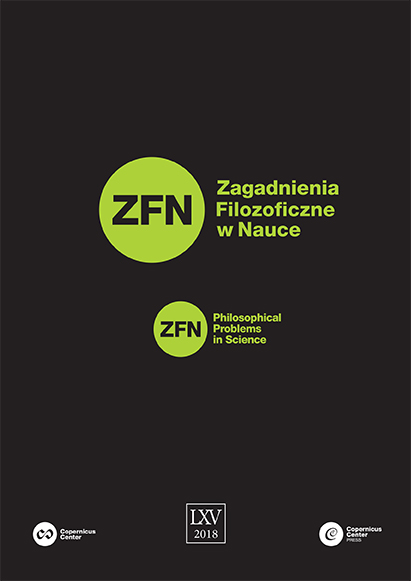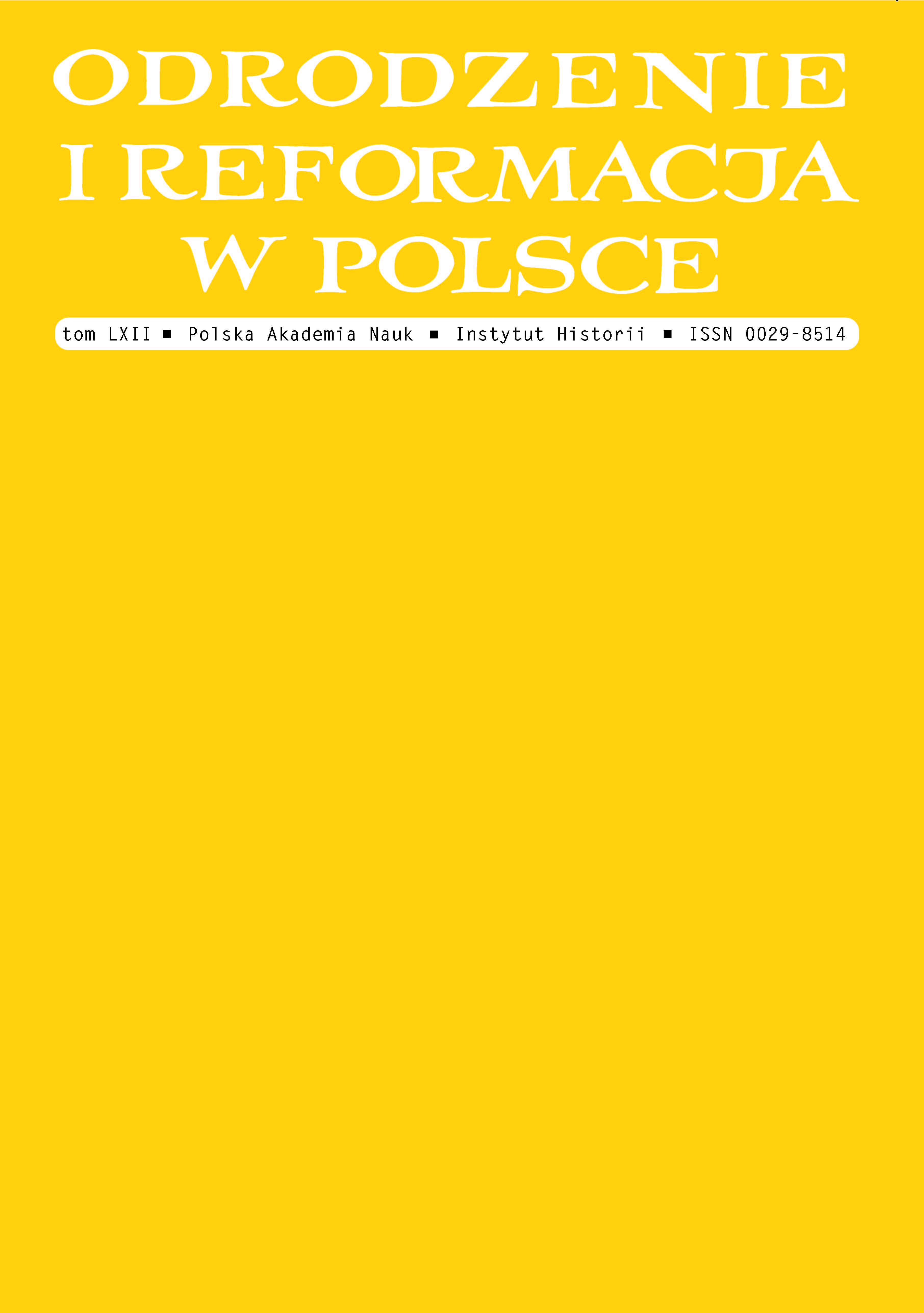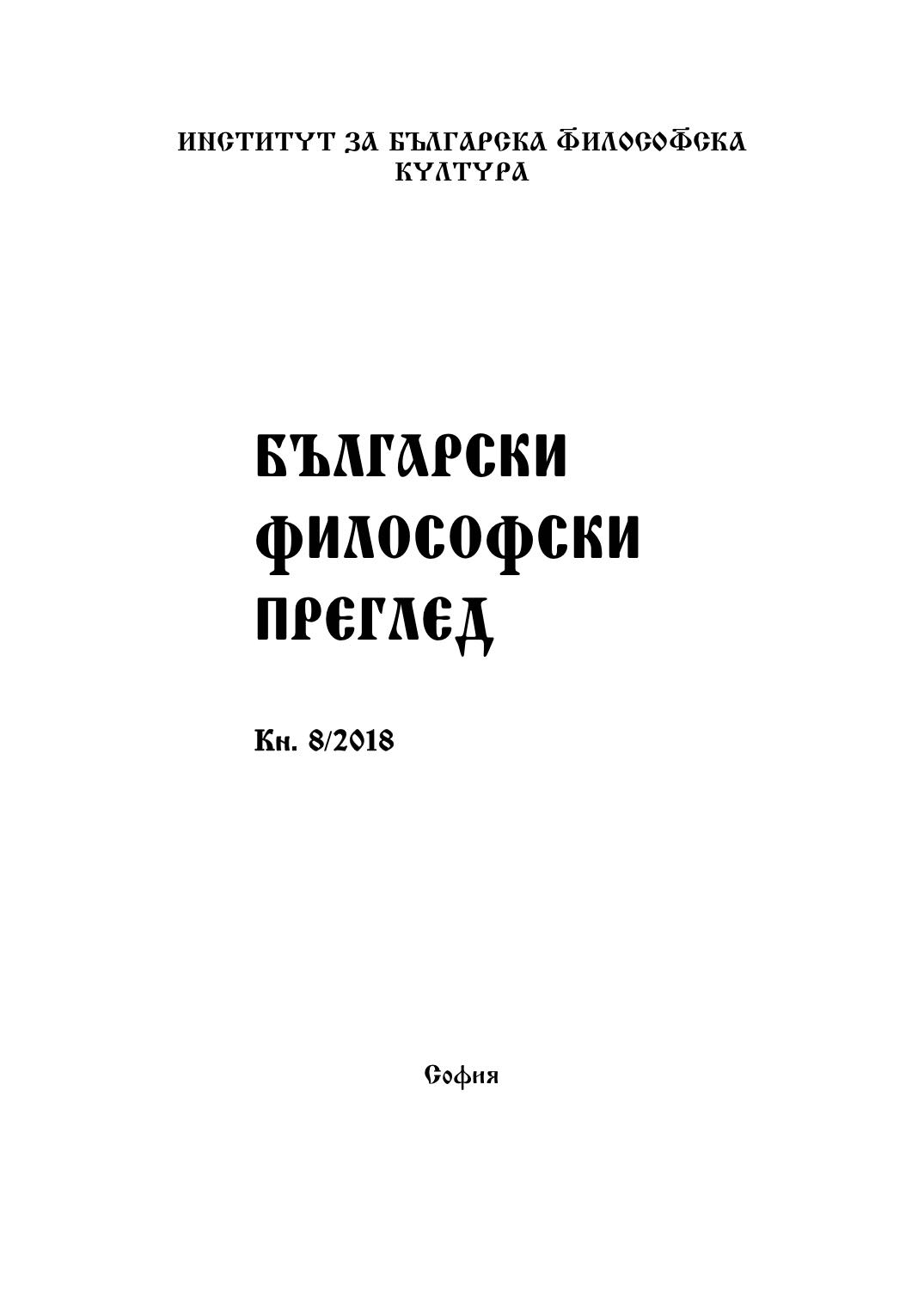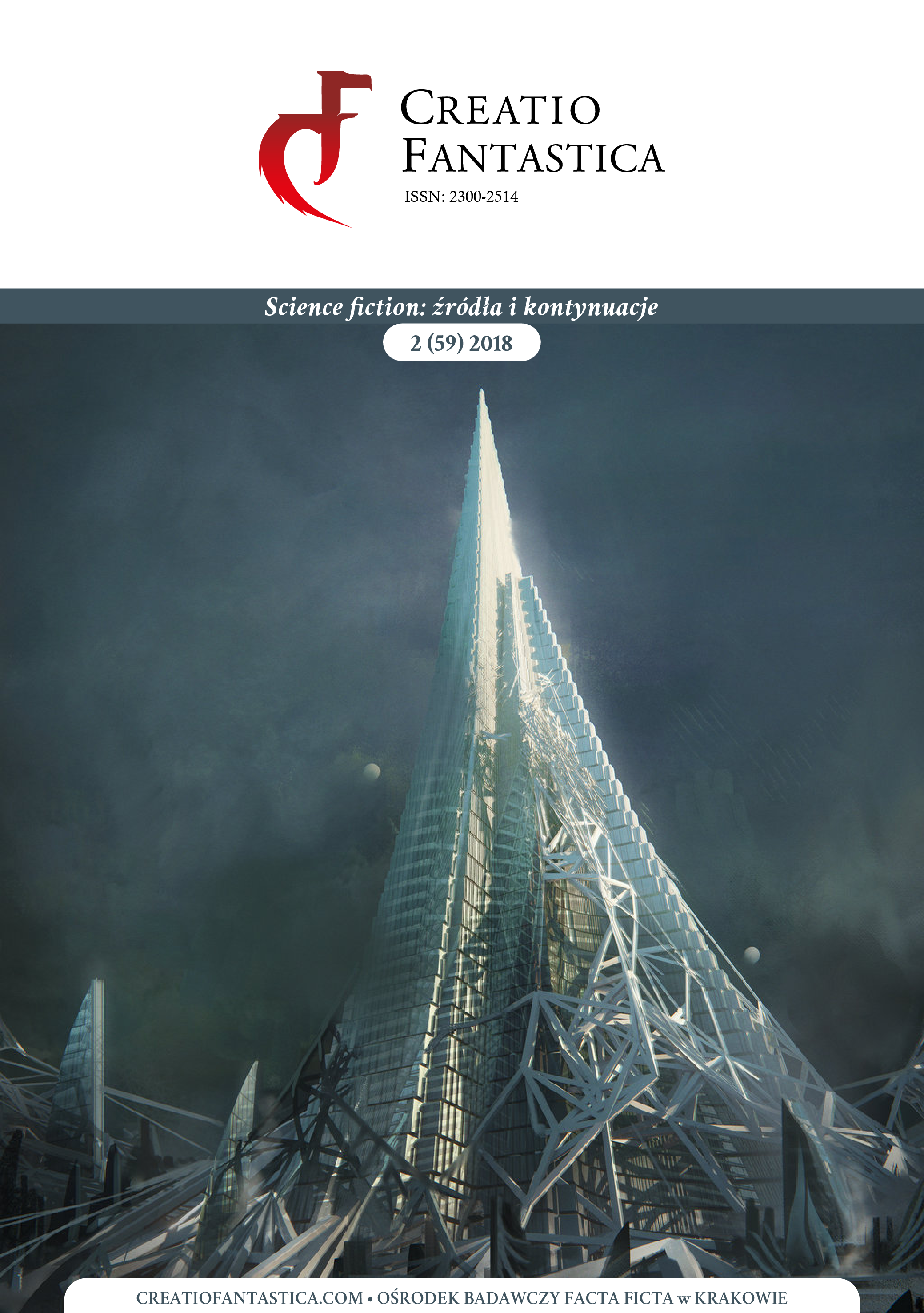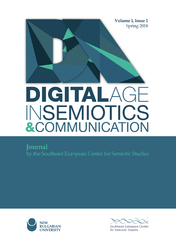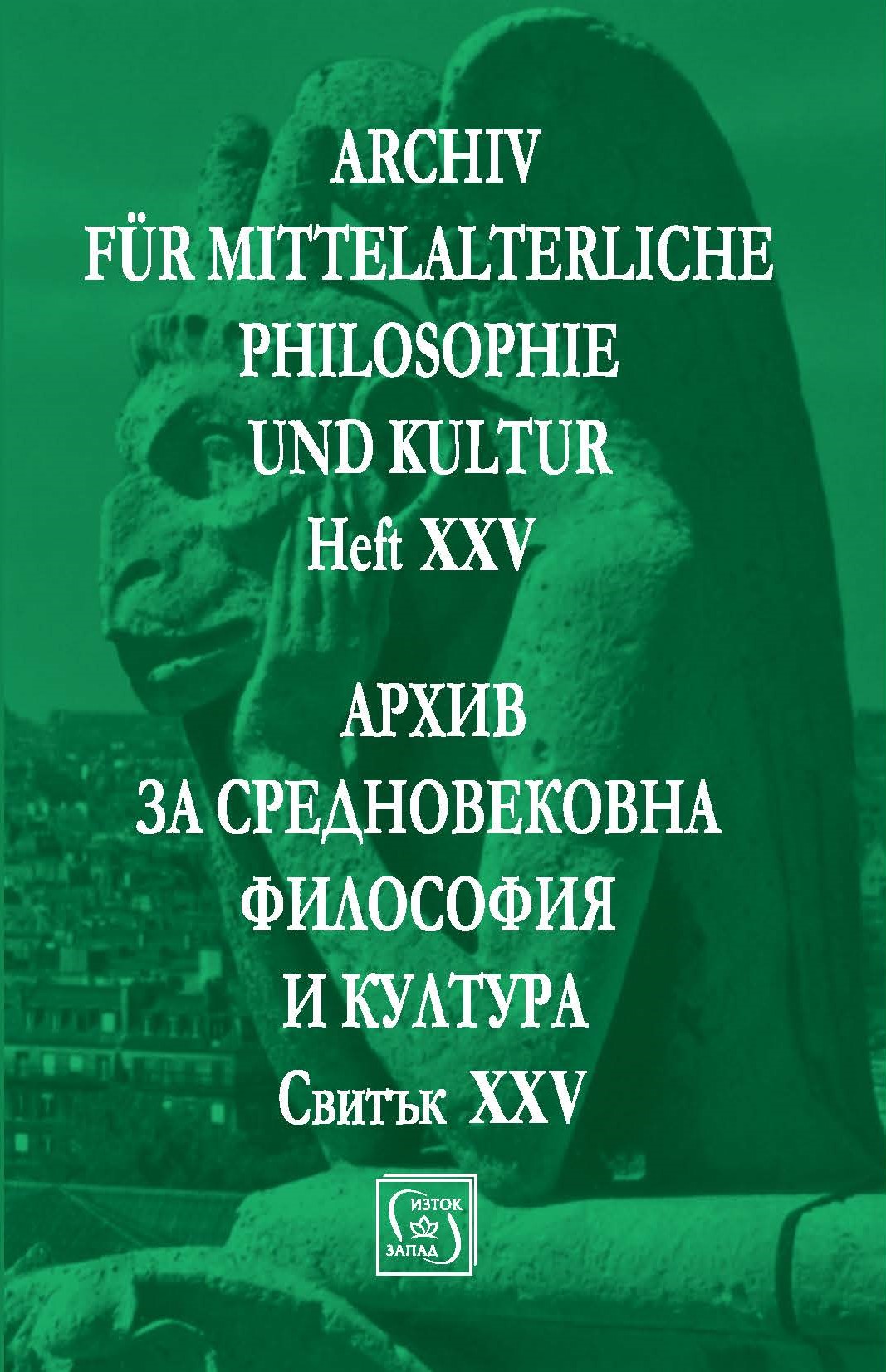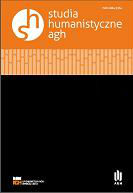
CAUGHT BETWEEN BREADWINNING AND EMOTIONAL PROVISIONS: THE CASE OF POLISH MIGRANT FATHERS IN NORWAY
This article discusses heterogeneity of family and parental practices among Polish migrant fathers in Norway. The paper begins with a recollection of the contemporary approaches to masculinities, and addresses the emergence of “new fatherhood” in both family scholarship and migration studies. In the conclusion to the theoretical section, we re ect on transnational parenting in the context of male mobility. The empirical basis for the study stems from a combination of biographic and narrative interviews with members of Polish migrant families in Norway: ten Polish couples and two interviews conducted with fathers alone (the interviews were reviewed for this article from the broader research dedicated to the Polish families in Norway). In the analysis, we draw on the signi cance of the institutional support and social expectations for creating new patterns of being a father, yet we also underline the salient importance of individual, biographical elements that certainly in uence the every-day practices of Polish migrant fathers. We put forward a general conclusion that there is not a singular fathering or fatherhood type among the Polish men in Norway, but rather a continuum of vari- ous family arrangements, often propelled by men, is observed. It is therefore crucial to look at the biographies which suggest social change and a shift towards a “new fatherhood”.
More...
